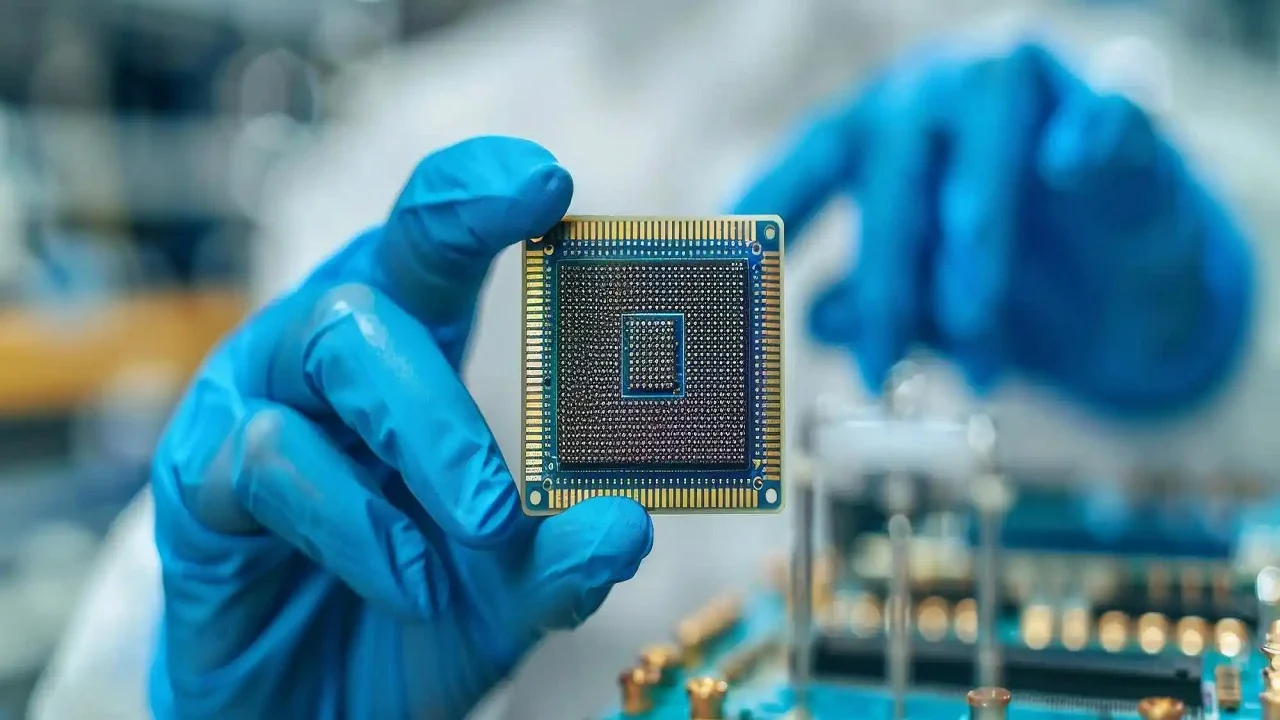Pakistan is making a move into high-tech areas. The nation aims to develop its talent for designing semiconductors and chipsets. This plan also seeks to decrease reliance on imported technology. Currently, over 7,000 university students are receiving training in chip design. Twelve local companies have also entered this sector.
This progress was shared at a recent Senate committee meeting on IT. Officials stated Pakistan intends to join the growing global chip market. The current focus is on design work. Manufacturing requires much greater investment. However, this is still a significant beginning.
Why Focus on Chip Design?
Chips are essential for all modern gadgets. This includes phones, cars, and laptops. Pakistan, like many nations, imports its semiconductors. Global chip shortages and high demand mean many countries are building their expertise. Pakistan wants to keep pace.
Most training is happening at the university level. The government plans to expand these programs. It also intends to partner with companies, both local and international.
12 Local Companies in the Game
Alongside student training, 12 companies are now working on chip design. Some are making small integrated circuits for electronics. Others are focused on research and advanced tech development.
The government has not revealed company names. Sources suggest most are design firms. These companies design chips and send them elsewhere for manufacturing. This is a common approach used by major companies.
More Than Just Tech, It’s About Security
Chips power more than just gadgets. They also run defense systems, hospitals, and banks. This is why many countries view chip design as vital for national security.
Lawmakers have requested a clear strategy. They want government support for new chip companies. They also called for student scholarships and global tech partnerships.
Pakistan Chipset Design Ambitions & Key Challenges Ahead
Pakistan is in the early stages. Advanced chip design demands costly tools and skilled engineers. International rules can also restrict access to needed software.
Still, experts believe focusing on training talent is the correct path.
“Chips are the core of all digital items,” said one advisor. “Learning to design them builds a strong foundation for our future.”
Looking Forward
Pakistan’s chip initiative is part of a larger vision. The country is also investing in AI, cybersecurity, and quantum computing. These fields are seen as crucial for a stronger digital future.
Senator Palwasha Mohammad Zai Khan stressed the need to support young engineers and tech firms. She believes this is necessary for global competition. She advocated for open opportunities and steady investment in these new fields.
If these efforts continue, Pakistan could soon play a role in global chipset design.
For more daily updates, please visit our News Section.

